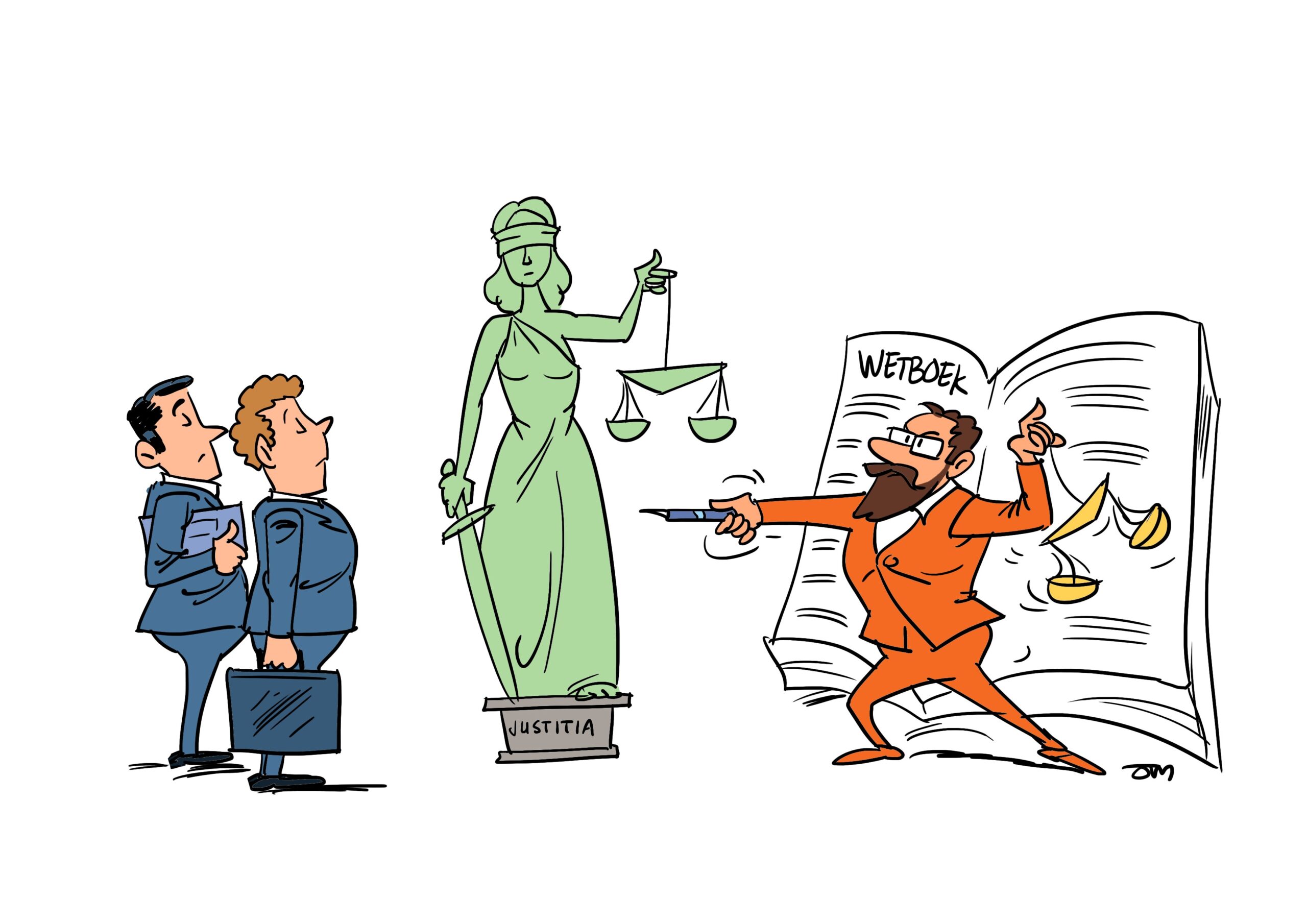Being a statutory or managing director in the Netherlands of a legal entity in which you hold shares makes you be a special person for the tax office. The Dutch name of this position is Directeur Grootaandeelhouder.
You are regarded a managing director when you hold at least 5% of the share capital in a company, either alone or indirectly with your tax partner. And or you hold rights on shares that represent at least 5% of the share capital. And or you hold profit rights in a legal entity for at least 5% in the annual profit and or you hold at least 5% in equity rights in case of liquidation of the legal entity. And or you have at least 5% of the voting rights in the general assembly meeting of the legal entity.
Holding 5% in shares or rights at least makes you a managing director shareholder for this article.
Managing Director and employee social insurances
A managing director shareholder, hereafter referred to as DGA being the Dutch short name for this position, holds a special position in the payroll. The managing director is in most cases not insured for social insurances, except health care. The managing director cannot apply for an unemployment benefit nor can the managing director receive a disability benefit.
This situation only applies when the managing director holds that many shares that he cannot be dismissed other than by his own initiative. This situation occurs when he holds at least 50% of the shares or with multiple DGA positions in the same company, enough share capital that the others cannot fire him or her.
Example. There are three managing director shareholders, you hold 60% and the others hold 20% and 20%. The others have less rights together than you have alone, hence you cannot be dismissed.
That said, if you can get dismissed, because you are for instance the managing director of the previous example holding only 20% of the shares, then you are socially insured for employees social insurances.
Minimum salary requirement DGA
A managing director shareholder can determine the amount of his or her own salary. Salary is taxed in a progressive tax rate regime with a maximum tax rate of 52%. Holding the shares in a company implies you can also chose to not pay yourself a salary, but pay yourself a dividend. Taxed at only 25% dividend withholding tax.
You do not need to be a genius to do the math and dividend wins over salary. Not receiving a salary, as you are paid a dividend instead, makes you in the system a poor employee. The Netherlands is a socialistic country, hence for poor employees we have facilities. Facilities such as rent support, health care insurance premium support and daycare support for children. The Dutch Government pays for you a part of the costs, because you are such a poor employee.
However, a managing director shareholders is often not a poor employee. It only looks like he is because he is not being paid a salary, but being paid a dividend instead. This is exactly the reason why legislation has come into place to prevent this situation where the managing director is recognized in the system as a needed employee who receives all kinds of benefits.
The sole shareholder managing director cannot have a salary lower than at least 75% of the profit made by the company (excluding his salary costs) if this person generates at least 90% of the income of the company.
If the company has employees who earn at least 11% of the turnover, then the 75% rule does not apply. In that situation the managing director cannot earn less than the highest earning employee, unless the highest earning employee has such a extraordinary position in the market that it is not fair to pin the salary of the managing director at that salary number.
To prevent either the 75% salary demand or the highest employee salary as being the minimum salary the managing director needs to earn, the managing director needs to proof the applicable salary. The applicable salary is a salary earned by a person in more or less the same position. The problem in this challenge is that Dutch do not share what they earn and all the information about what everybody earns is already with the Dutch tax office. Challenging the 75% salary or the highest earning employee salary on this argument cannot be won by the managing director. Hence these rules simply applies.
No minimum salary requirement
No minimum salary requirement applies when there is more than one managing director shareholder working in the company. The simple reason for this is that one managing director cannot differentiate his salary against dividend, when there is another person receiving the same equivalent in dividend, as dividend is paid to all shareholders. The reason for the extra legislation is automatically obsolete by the principle of the dividend system.
Domestic and foreign companies
The above explained rules for managing directors shareholders does not only apply to Dutch BV company situations. These rules apply to all situations as long as they qualify.
A limited liability company, not being a branch office, can only be Dutch resident company, when the managing director is living in the Netherlands. This implies in case a company is incorporated under the law of the United Kingdom or Delaware, but has no actual presence in those countries nor was the intention every there to have a presence in those countries, then these companies, if registered in the Netherlands, are regarded being Dutch companies for which the above rules apply.
Managing director and 30% ruling
The 30% ruling can be applied by the managing director. If the managing director meets the requirements of the 30% ruling, the 30% ruling can be applicable. The fact that the company of the managing director moved to the Netherlands where he is the employee for which the ruling is going to be applied, does not influence the fact that he has been attracted from abroad by a Dutch resident employer.
Orange Tax Services
We will be glad to assist the managing director by the set up of his company in the Netherlands, processing the payroll and discussing the salary. We can also apply for the 30% ruling and file the income tax return. All fees are fixed rates, not hourly rates.




